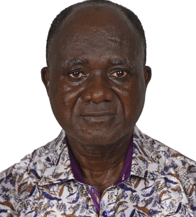
By Prof. Raphael Nyarkotey OBU
During the 2025 World Homeopathy Day celebration in Ghana, a profound statement echoed across the halls of the gathering: ‘Homeopathy doesn’t fail, the practitioner does’.
This bold assertion was coined by Dr. Ernest Asante, a distinguished homeopath and President of the Ghana Homeopathic Medical Association (GHMA). It was not merely a slogan but a rallying call for introspection, excellence and integrity in homeopathic practice.

Dr. Asante’s message struck a chord, especially as it was backed by powerful presentations and workshops that dissected the core principles of classical homeopathy.
These included essential concepts like rubrics, miasm, potentisation and repertorisation, among others. As the celebration unfolded, it became clear that when homeopathy is misunderstood or poorly applied, it is not the system that fails—but the one who administers it.
Understanding the heart of homeopathy
Homeopathy, developed over 200 years ago by the German physician Samuel Hahnemann, is a holistic system of healing based on the principle of ‘like cures like.’ Using ultra-diluted natural substances, homeopathy stimulates the body’s natural healing processes.
The remedies are gentle, non-toxic and prescribed based on a complete understanding of the patient—not just the disease.
The beauty of homeopathy lies in its depth. However, this same depth requires thorough training, dedication and skill. Sadly, many self-acclaimed homeopaths fall short of this standard.
Some lack formal education in homeopathy, while others fail to adhere to its foundational principles. The result? Misdiagnosis, wrong prescriptions and poor outcomes—giving critics ammunition to question homeopathy’s efficacy.
However, as Dr. Asante aptly pointed out, it is not the system that fails; it is the practitioner who misapplies it.

The need for stronger regulation and training
Across many African countries, including Ghana, homeopathy is often practised in the shadows of weak regulation and insufficient academic infrastructure. This has led to a proliferation of quacks and poorly trained individuals misrepresenting the profession.
If we are to protect the integrity of homeopathy, we must reform its educational and licensing systems. National homeopathic bodies like the GHMA must be empowered to enforce standards, accredit legitimate institutions and ensure that only qualified practitioners treat patients. This is the only way to safeguard public trust and protect the legacy of this healing science.
Key themes from the conference: Deepening the practice
- Rubrics: The language of symptoms
Rubrics are essentially the categories used in homeopathic repertories to classify symptoms. They are not merely symptoms themselves but expressions of how a symptom presents in a patient. For instance, ‘Anxiety before an exam’ or ‘Craving for salty food’ are specific rubrics that guide remedy selection.
Case study: A 16-year-old student presented with panic attacks and sweaty palms every time exams approached. Using the rubrics ‘Fear of failure’, ‘Anticipation from ailments’ and ‘Palpitation during anxiety’, the remedy Gelsemium sempervirens was selected. Within a week of administration, the student reported remarkable calmness and improved focus.
This case illustrated how the correct use of rubrics can lead to targeted and effective prescriptions—an art that requires training and experience.
- Miasm: The root of chronic disease
Miasms are underlying predispositions or inherited tendencies that manifest as chronic diseases. Introduced by Hahnemann, the three major miasms—Psora, Sycosis and Syphilis—offer insight into the energetic disturbance within the patient.
Case study: A woman suffering from recurring fibroids and hormonal imbalance had previously received various acute remedies without lasting results.
A miasmatic evaluation revealed a strong Sycosis background associated with overgrowths and hormonal disturbances. The practitioner prescribed Thuja occidentalis, a leading anti-sycotic remedy. Over time, her symptoms reduced significantly, and her cycles normalised.
This demonstrated that unless the miasmatic layer is addressed, chronic conditions tend to relapse or resist treatment.
- Potentisation: The power in dilution
Potentisation is the process of serial dilution and succussion (vigorous shaking), which transforms a crude substance into a dynamic, energetic remedy. It is this process that critics often mock, unable to comprehend how a diluted substance can retain healing power.
Case insight: A child with severe allergic rhinitis was treated using Histaminum 30C, a highly potentised form of histamine. Despite no trace of the original chemical, the child’s symptoms reduced dramatically within days.
Conventional antihistamines had caused drowsiness and irritability, which were absent with the homeopathic remedy. This is the power of potentisation—gentle yet deeply effective.
- Repertorisation: Scientific selection of remedies
Repertorisation is the process of cross-referencing a patient’s symptoms with remedies listed in homeopathic repertories. It combines art and science, often using software tools like RADAR or Hompath.
Case study: A young woman with chronic migraines had tried multiple therapies. During a full homeopathic intake, her key symptoms included migraines triggered by emotional stress, a desire for solitude and thirstlessness. Using repertorisation tools, Natrum muriaticum emerged as the best match.
Three months of individualised treatment later, she reported a 90 percent reduction in migraine frequency. Without proper repertorisation, this case might have been mismanaged with palliative or symptomatic treatment.
Other noteworthy themes from the conference
- Individualisation in case-taking
Each patient is unique—even if the diagnosis is the same. This theme underscored the need for individualised prescriptions based on mental, emotional and physical levels.
Example: Two patients diagnosed with hypertension may receive entirely different remedies—one might get Nux vomica for stress-related irritability, while another may need Lachesis for hot flushes and loquacity. This is the essence of classical homeopathy.
- Holistic and integrative care
Speakers emphasised the importance of viewing the patient as a whole—body, mind and spirit. Homeopathy must be seen not in isolation, but in harmony with lifestyle, nutrition and even allopathic care where necessary.
- Ethics and professionalism in practice
The conference also addressed the ethical dilemmas facing homeopaths, including overpromising cures, self-promotion without competence and operating without licenses. Dr. Asante and other leaders called for strict regulation and the need for continuous professional development (CPD).
What the evidence shows
Despite scepticism from some quarters of the medical establishment, homeopathy continues to flourish in countries where it is properly practised. India, for instance, has integrated homeopathy into its public health system with impressive success. Homeopathic hospitals, research centres and universities continue to produce compelling clinical outcomes.
In Ghana, too, anecdotal and clinical evidence from competent practitioners has shown that homeopathy can effectively manage conditions ranging from skin disorders and allergies to stress, hormonal imbalances and chronic pain—when used appropriately.
Conclusion: The future of homeopathy in Ghana and Africa
Dr. Ernest Asante’s assertion— “Homeopathy doesn’t fail, the practitioner does”—rings louder than ever. The World Homeopathy Day celebration not only highlighted the strengths of this timeless healing system but also revealed the urgent need for better training, regulation and integrity among its practitioners.
Homeopathy, when practised properly, offers hope to millions suffering from chronic and acute conditions. It is gentle, non-invasive and respects the individuality of each patient. However, its success hinges not on theory alone—but on the hands, heart and knowledge of the practitioner.
Let us rise to the standard this healing art demands. Let us uphold the legacy of Hahnemann and continue the work of champions like the speakers Dr. Ernest Asante and Dr. Adu Boateng. because indeed—homeopathy doesn’t fail. The practitioner does.
>>>the writer is a Professor of Naturopathy, Chartered Health Economist, Lawyer (The Gambia Bar) and General Secretary of Ghana Alternative Medical Practitioners Associations (GAMPA)
The post Homeopathy doesn’t fail, the practitioner does appeared first on The Business & Financial Times.
Read Full Story

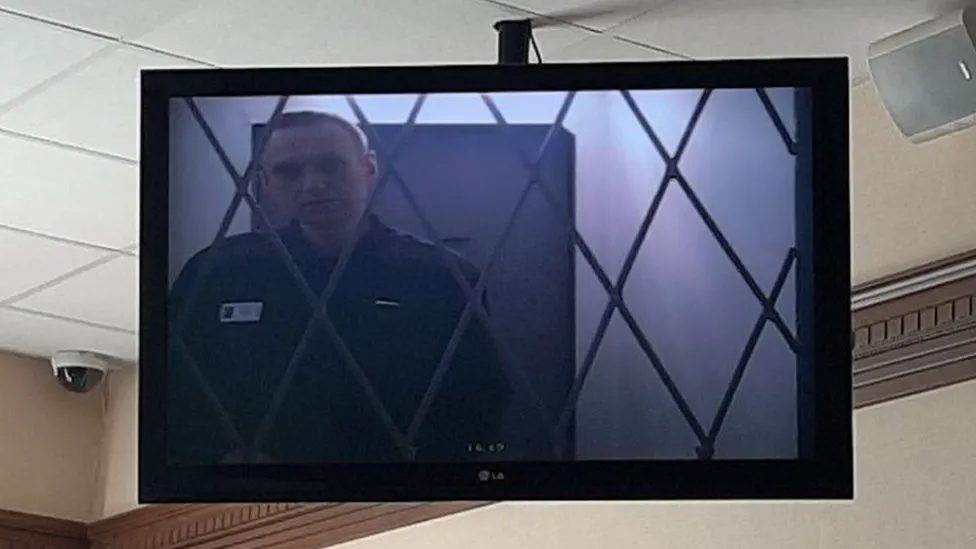





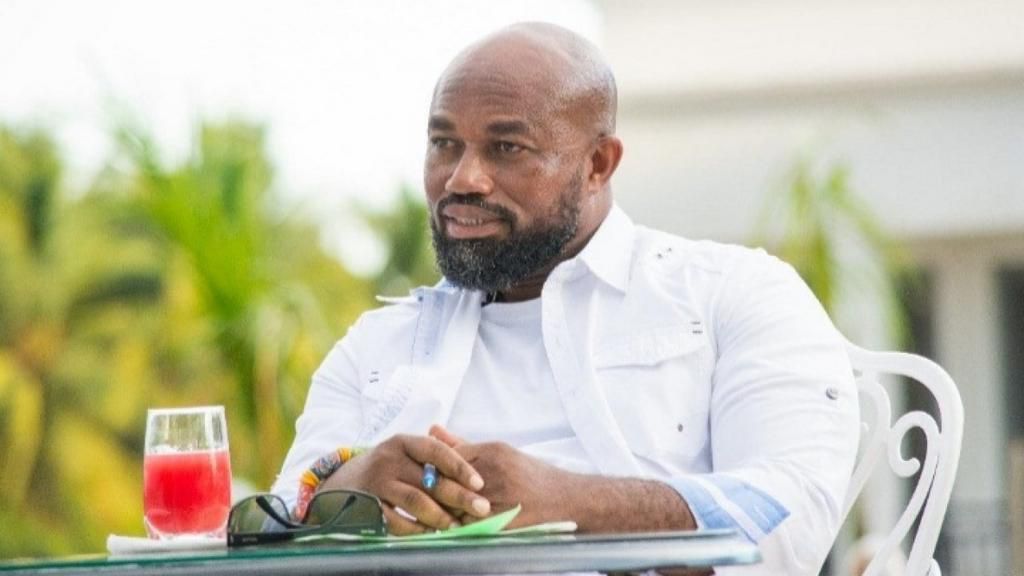


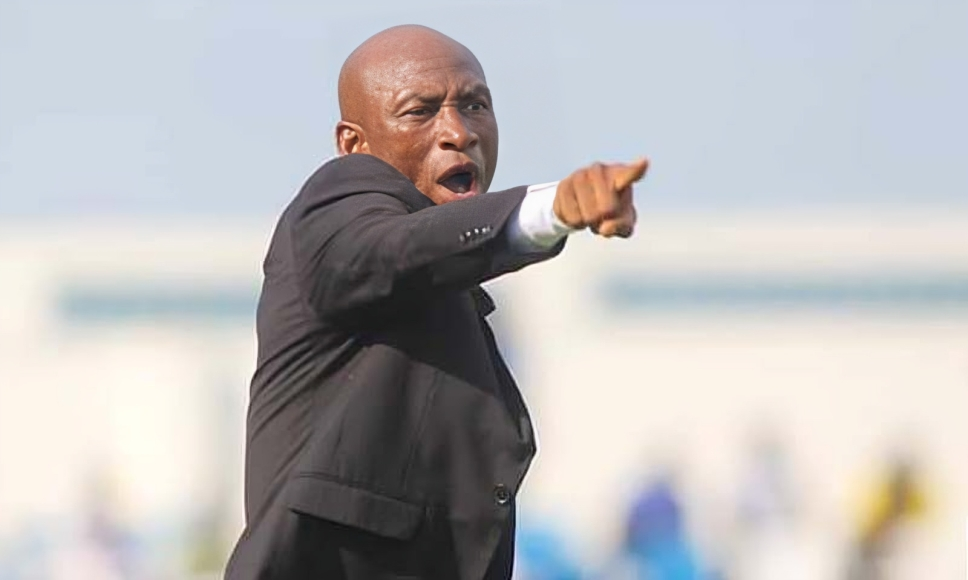

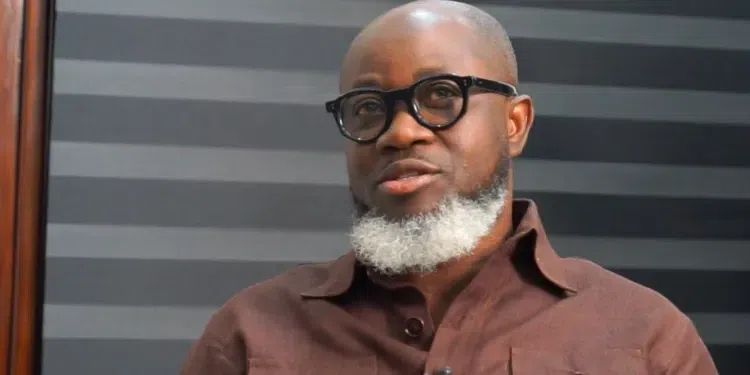
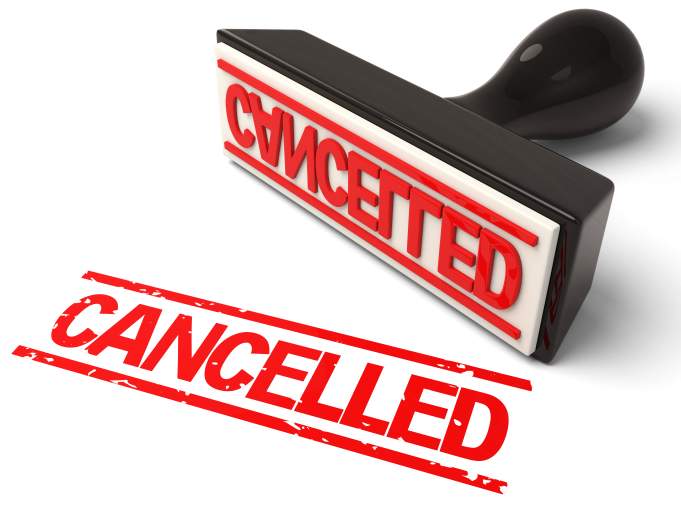






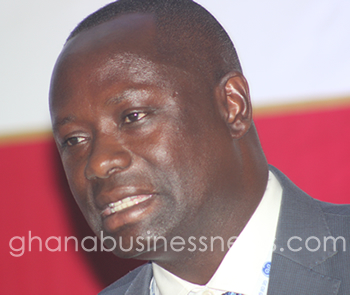


Facebook
Twitter
Pinterest
Instagram
Google+
YouTube
LinkedIn
RSS